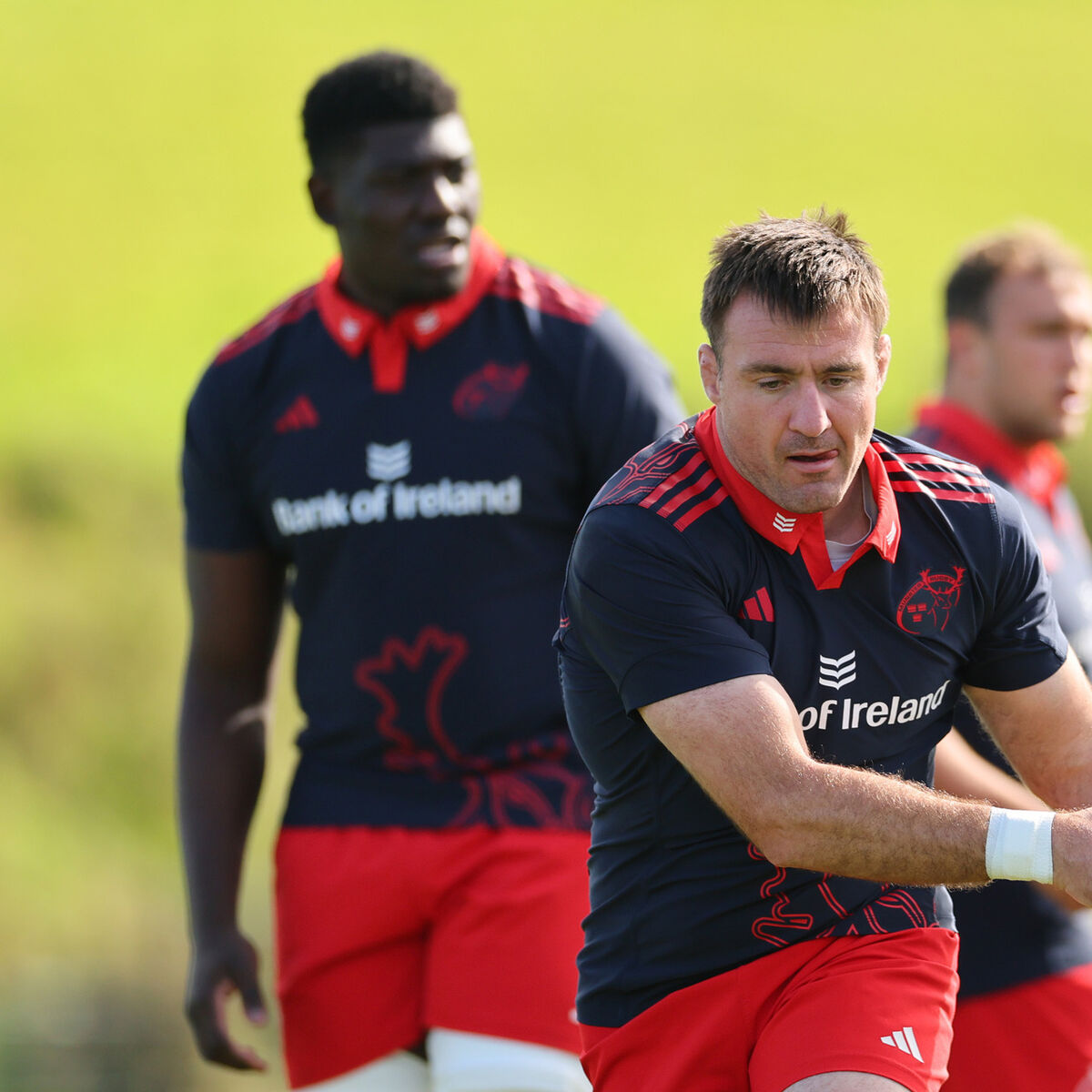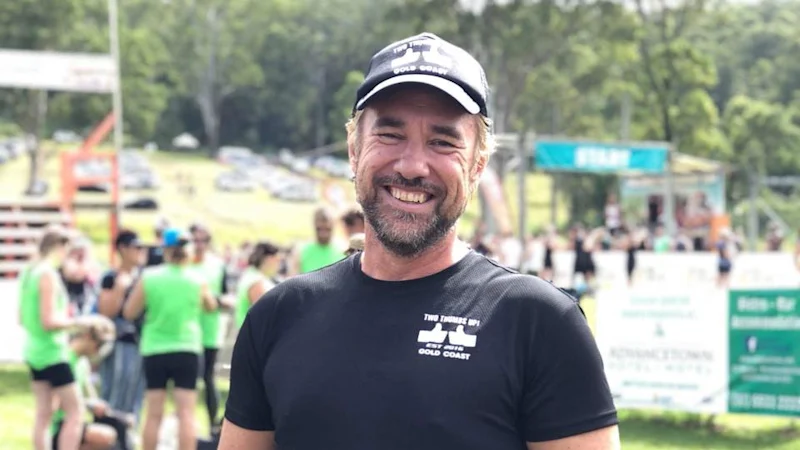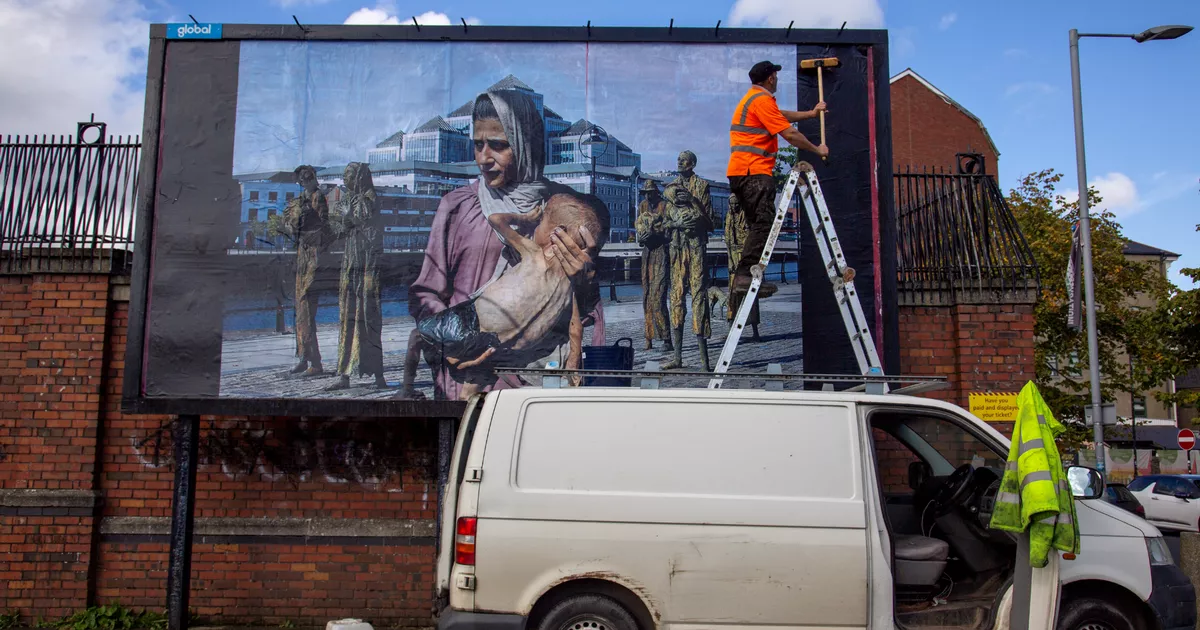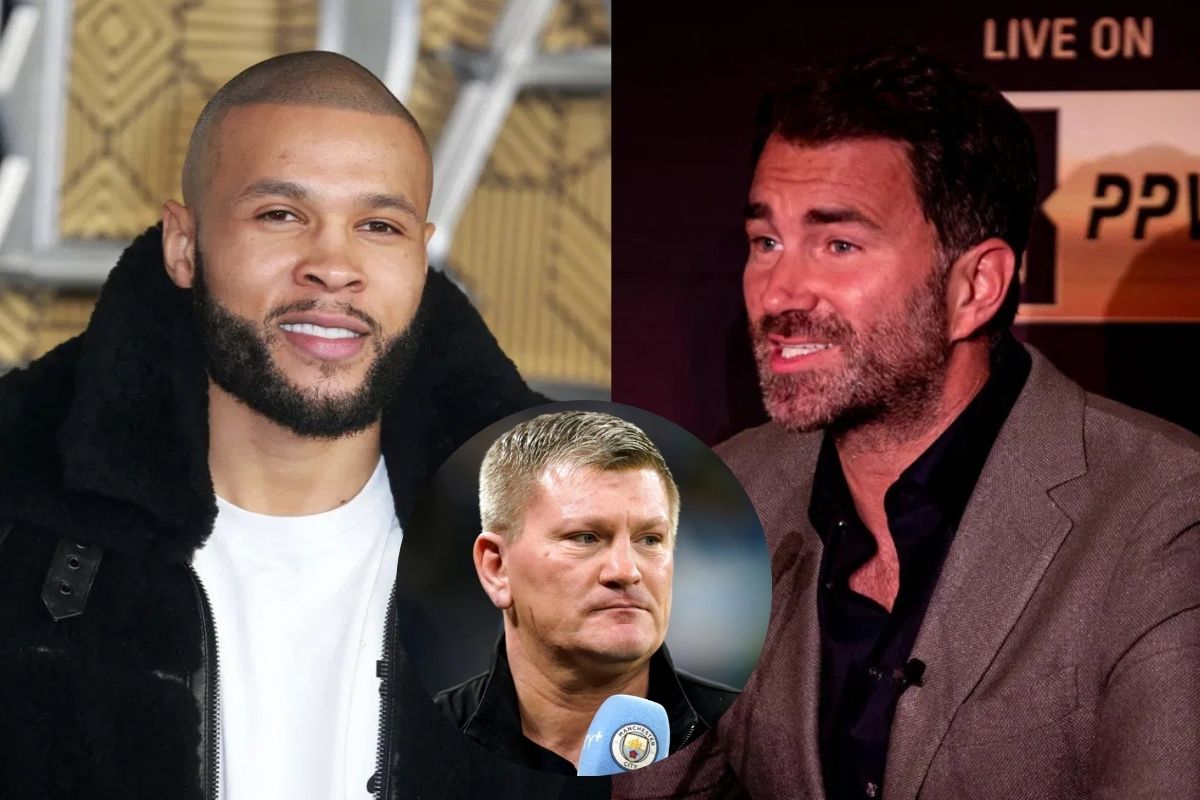By Brendan O’brien,Irishexaminer.com
Copyright irishexaminer

The veteran hooker will make his 200th appearance for the club in Wales, following in his younger brother Rory’s footsteps in passing that remarkable staging post, and he will do it under the guidance of yet another boss in the coaching box.
Scannell debuted for Munster, in his home town of Cork, against this week’s opponents in December of 2013. Rob Penney was the man in charge then. Clayton McMillan will be the sixth head coach or Director of Rugby he has worked under.
He was there through Anthony Foley’s time, for the aborted Rassie Erasmus experiment, Johann van Graan’s solid but unspectacular tenure, and Graham Rowntree’s stewardship. Not to mention Ian Costello’s temporary stint in charge.
Murray, in his autobiography, highlights the lack of continuity when a new coach lands on average every two seasons and brings with them another shift in emphasis on gameplans, staff, players and culture.
“Everything always seems to be in transition all the time,” wrote the former scrum-half.
Scannell may not have read the book but he has been on deck for well over a decade through those same seasons of churn. So it was fair to ask if he shared Murray’s frustrations over the coaching merry-go-round.
“I don’t know. We’ve certainly had a lot. I’ve been here since Rob Penney was here so I’ve certainly had a lot of head coaches but it’s hard to be frustrated, really, because when you look at the circumstances of a lot of them leaving… “Rob went to Japan. Obviously Axel passed away, and then when Rassie came in, he also left. Johann extended his contract, and then went to Bath, and we obviously had a mutual agreement with Graham last year. Now we’ve got Clayton.
“So it’s not like soccer player-manager stuff where we’re chopping and changing the whole time at a whim. That’s just kind of how the circumstances have played out. There’s been a variety of reasons that we’ve changed coaches.
“So it’s kind of hard to be frustrated. I don’t think any of that will be in Clayton’s psyche or anything. He’s here now and trying to implement his own style of game and we’re just looking forward to seeing how far we can take that.”
Denis Leamy, one of the coaches who provides some continuity from the previous regimes, has signposted what he describes at the subtle changes that are going to be on show when McMillan’s Munster go about their business.
There will be a return to the hard-nosed edge that the province was long renowned for, at the setpiece and in the contact area, and a more “pragmatic” brand of rugby without sacrificing the ability to cut loose.
All ingredients suggestive of a tasty dish. Putting them together is no picnic.
“It’s been really well done by the organisation in terms of Clayton, Brad Mayo (head of athletic development) and Martin Vercoe, our manager,” said Scannell. “They have come in and that gives them a huge element of familiarity.
“Then you have the current coaching staff so that’s just all blended really well. It would be really tough for a head coach, I’d imagine, to come in on his own if there was already a coaching ticket in place.
“So the organisation has done that really well, and it’s been really kind of organic.”
Talk of new dawns is overdone in sport. It’s hard to quibble with it when it comes to Munster right now. Sweeping changes in the coaching staff would back that up on their own. Add in the absent faces in the dressing-room and it is a given.
No Murray, no Peter O’Mahony, Stephen Archer, Dave Kilcoyne or Rory Scannell. That said, there are still ten players at the club with 100 appearances or more and that doesn’t include the likes of Tadhg Beirne, Diarmuid Barron, Calvin Nash, Alex Kendellen and more.
McMillan will be a time yet in figuring out the hand dealt to him. That was made clear by the two warm-ups against Gloucester and Bath when the Kiwi played two different teams in each of the halves on both days. A sign of the squad’s depth, said Scannell.
“That’s why we’ve had wholesale changes halfway through, because there is just genuine competition across the whole team. While that can add a stress and anxiety for selection in your own position, it’s good for the squad, and it grows the squad.
“It brings the best out of you. You know you have to be on your stuff every day. So as a squad we’re really happy with where we are going into Scarlets. We’ve really grown. That’s all you can really ask for in a pre-season. Saturday is when you know the real stuff starts.”



